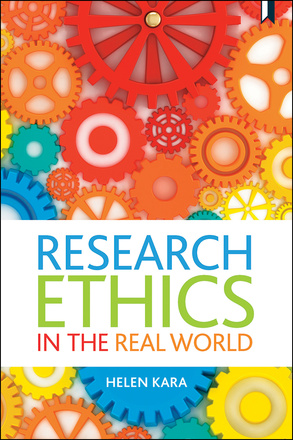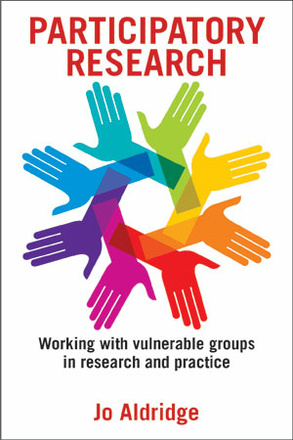Criminological Research Methods
A Criminology Of Narrative Fiction
Drawing on complex narratives across film, TV, novels and graphic novels, this authoritative critical analysis demonstrates the value of fictional narratives as a tool for understanding, explaining and reducing crime and social harm. McGregor establishes an original theory of the criminological value of fiction.
The Research Journal
A Reflective Tool for Your First Independent Research Project
This brilliant book is a great guide for students undertaking their first piece of independent research. Regular critical reflection is an invaluable tool for helping you gain new insights, deal with practical issues as they arise and develop your understanding. This book gets you started in the habit of using a research journal.
Research Ethics in the Real World
Euro-Western and Indigenous Perspectives
Research Ethics in the Real World highlights the links between research ethics and individual, social, professional, institutional, and political ethics. Helen Kara considers all stages of the research process and provides guidance for quantitative, qualitative, and mixed-methods researchers about how to act ethically throughout.
Experiences in Researching Conflict and Violence
Fieldwork Interrupted
This collection explores the roles of emotion, violence, uncertainty, identity and positionality in doing research in and on conflict zones, as well as the complexity of methodological choices. It presents a nuanced view of conflict research that addresses the uncomfortable spaces of conflict research and the need for reflection on these issues.
Participatory Research
Working with Vulnerable Groups in Research and Practice
This book examines the nature of participatory research in the social sciences and its role in increasing participation among vulnerable or marginalised populations. It examines the ways in which inclusion and collaboration in research can be enhanced among vulnerable participants, and shows how useful it can be with these groups.











